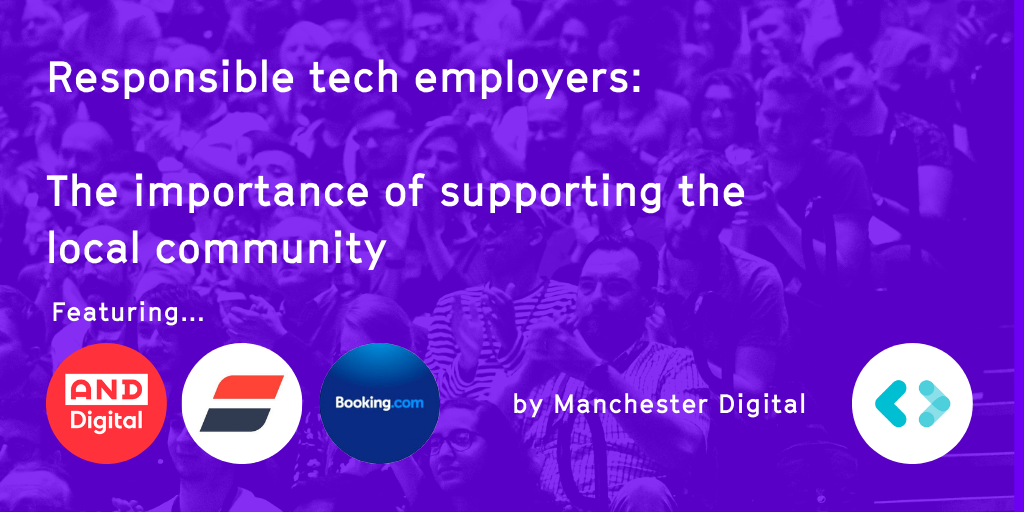
This blog examines the management of the cap table and avoiding traps affecting company control.
Behind the spreadsheets, rules, and percentages there are real-world issues relating to management of the cap table – relationships, power games, competing interests and emotions.
So, what are the concerns for venture-stage businesses?
Know who owns your company
So far, so obvious, and this one is mainly a technical / house-keeping issue, but an important one. When we get into due diligence on an investment, we are pretty much guaranteed to find two facts:
- The founders don’t have an up-to-date, accurate cap table and details of who else has options and conversion rights. This matters a lot, as founders are constantly bartering equity and promises of equity for work and services. As investors, we can price a deal, but the founders won’t know what it means to them personally until the cap table can be reassembled. We like spreadsheets and are probably too keen to help out but most angel investors or VCs haven’t the time or patience.
- The cap table won’t reflect what is shown at Companies House. Those filings are the definitive record so if the filings haven’t been made, or were filed incorrectly and bounced, or showed the wrong numbers then there will almost certainly be an argument between management and investors about ownership.
These are best fixed before they become problems. Effective founders treat the company secretarial job as a pain, but a necessary pain.
Keep a cap table from day one. Update it whenever you issue any shares, or options, or promises of options, or convertibles, or advanced subscription agreements. Also hire a good lawyer or finance director, used to working with start-ups, to do your filings. Check the Companies House record to your cap table.
It is also essential that you know what the various share classes or other instruments you have issued mean. If they convert then when, at whose request, and at what rate? Do they have special rights? If they have a liquidation preference, is it participating or not – this makes a big difference to pricing – and risk!

Make sure you can run your company
A cap table with a single shareholder makes life very easy (although that raises a host of other issues like having a properly enfranchised team). What we see in practice is young companies, still a way off their series A, with somewhere between five and fifty share and option holders and an alphabet soup of different share classes.
A single or small number of shareholders acting with a shared view can implement their commercial wishes with minimal legal process.
The company’s constitution or company law may require notice to shareholders, minimum periods of notice, a general meeting and passing of resolutions (amongst others). With a small group, running the company can be achieved with no notice periods, no objections, and with little more than the exchange of some e-signatures.
With a long list of shareholders, how does this work?
Firstly, assume that about 10% of your shareholders won’t play ball. They’ve gone away, got ill, lost interest, or worst of all have somehow fallen out of love with the founders. Does this matter? Well, at the very least, it’s a pain. Unless every shareholder is around and agreeable to use the short-form procedures (like dispensing with the notice period) then you will need to pass all the resolutions to adopt the new investment documentation well in advance, by getting up to 75% of them to vote in favour. And then, of course, something changes, and the process must start again from scratch. And you haven’t got the cash to run the next payroll. Happy days.
Can it really matter? Absolutely. Most equity investments require changes to the company’s constitution – the Articles of Association. Corporate law requires that 75% of shareholders in every class of shares must approve the change. This is where having lots of shareholders who aren’t that close to management, and who each or in small groups have their own class of shares can be lethal. If I own 100% of a share class, then I can veto proposals such as new investment – or at least threaten to do so. There is often a lot of emotion behind the scenes in start-ups, especially with ex-founders, ex-staff, and even investors who aren’t feeling properly appreciated and valued.
Solutions? Group your investors together: if they come in through a syndicate (like DSW Angels) they need to be registered through a single nominee with a clear and properly authorised decision-maker. Or just ask the biggest or most experienced investor to get powers of attorney from the others. Avoid issuing different share classes unless absolutely necessary – there’s often no need in early investments.
Carefully consider whether veto rights are appropriate
In addition to stumbling into Companies Act issues, founders often create problems all by themselves. Giving away rights to investors that are used to hang the founders is easily done when investment is needed. Resisting is easier said than done. A £50m series X round from a top tier VC is going to require plenty of consent rights in their favour. But use your judgement – does a small seed or private investor really need to have consent rights over 20 different matters?
And remember that people change, relationships evolve, and the people you deal with in an institutional investor will rotate over time. The thing that remains is the wording in the investment agreements.
Solutions? Just say no, if it’s commercially feasible. Alternatively, package the investors into groups and let them have a say in the running of the company based on a majority vote between themselves. Decisions must be made quickly, and silence implies consent. Hopefully the wisdom of the crowd will prevail.
Round-up
Put the effort in to keeping your cap table up to date and accurate. Minimise the number of decision makers on your share register. Avoid issuing alphabet shares. Give consent rights only to larger investors. Hire a good finance director. Get experienced and effective legal advice.
Ignoring these issues will cost you: lost investment, management overhead, uncertainty and distraction, legal fees and excessive dilution. Do the boring admin and carefully manage your cap table.








